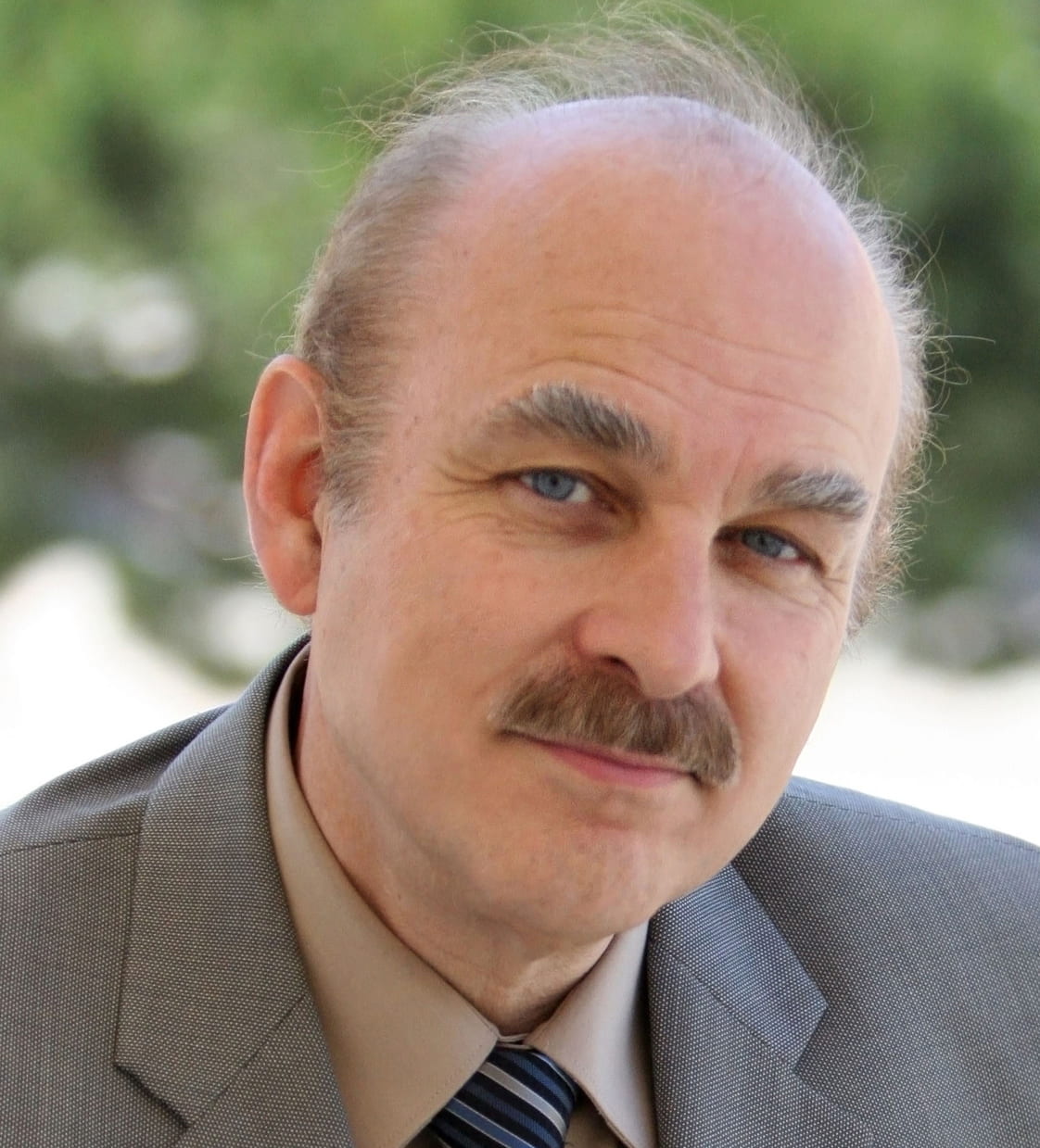UCI Distinguished Professor Rubén Rumbaut elected AAAS fellow
Rubén Rumbaut, UC Irvine Distinguished Professor of sociology, has been elected to the American Academy of Arts & Sciences.

Irvine, Calif., April 22, 2015 – Rubén Rumbaut, UC Irvine Distinguished Professor of sociology, has been elected to the American Academy of Arts & Sciences.
He’s among 197 new fellows elected this year to the 235-year-old academy, considered one of the nation’s most select societies. Joining him in the honor are Pulitzer and Nobel prize winners and some of the world’s most accomplished scholars; scientists; writers; artists; and civic, business and philanthropic leaders.
“Spanning disciplines, nations and generations, Professor Rumbaut’s research has played a pivotal role in defining how immigrants and children of immigrants attain education and transition into adulthood,” said Bill Maurer, dean of UCI’s School of Social Sciences. “We’re honored that the academy has recognized him for his many contributions, and we’re proud to have him among our esteemed faculty.”
Rumbaut is internationally known and widely cited for his research on children and young adults raised in immigrant families of diverse nationalities and socioeconomic classes. He has authored, co-authored or edited numerous publications on the topic, including 14 books – with two more forthcoming. Rumbaut earned a best book award from the American Sociological Association and, as a National Academy of Sciences panel member, contributed to two authoritative volumes on the U.S. Hispanic population.
In 2013, he was elected to the National Academy of Education in recognition of his outstanding scholarship in educational research and policy development. The following year, he received the Distinguished Career Award from the American Sociological Association Section on International Migration.
Rumbaut mines data from large research projects he has directed since the 1980s, including two studies of refugees from Vietnam, Cambodia and Laos and how their children fared in San Diego public schools. Subsequent efforts looked at the educational achievements of immigrant students and language minorities throughout California.
Since 1991, Rumbaut has co-led the landmark Children of Immigrants Longitudinal Study, following subjects from dozens of nationalities in South Florida and Southern California as they become adults. From 2002 to 2008, he co-directed the Immigration & Intergenerational Mobility in Metropolitan Los Angeles study, which focused on 1.5- and second-generation young adults of Mexican, Salvadoran, Guatemalan, Filipino, Chinese, Korean, Vietnamese and other ethnic origins compared with native-parentage peers. Numerous follow-ups by Rumbaut and others have been based on this research.
He is currently involved in two longitudinal projects. One is an eight-year cross-national study examining the educational status and adult transitions of youth who grew up and stayed in their hometown of Ameca, Mexico, with those from Ameca who immigrated to California (whether documented or undocumented). Another, “The Second Generation in Middle Adulthood,” is a collaborative study with Cynthia Feliciano, UCI associate professor of Chicano/Latino studies and sociology, and a follow-up to the CILS San Diego sample of diverse nationalities almost a quarter of a century after the baseline surveys when they were 14-year-olds in eighth grade.
His research has been supported by the Russell Sage Foundation, MacArthur Foundation, National Science Foundation, Andrew W. Mellon Foundation, U.S. Department of Education, U.S. Department of Health & Human Services, U.S. Office of Refugee Resettlement, and National Institute of Child Health & Human Development.
Rumbaut is a frequent keynote speaker at international conferences and is consulted regularly on immigration by national media. He has testified before the U.S. Congress at hearings on comprehensive immigration reform. In addition, he has been a visiting scholar at the Russell Sage Foundation and a fellow at Stanford University’s Center for Advanced Study in the Behavioral Sciences.
A native of Havana, Rumbaut earned a bachelor’s degree in sociology-anthropology at Washington University in St. Louis and a master’s degree and doctorate in sociology at Brandeis University. He taught at UC San Diego, San Diego State University and Michigan State University before coming to UC Irvine in 2002.
The new class of academy fellows will be inducted at a ceremony Oct. 10 in Cambridge, Mass.
With the addition of Rumbaut, there are 36 AAAS members affiliated with UCI, including John Avise, Francisco J. Ayala, Albert Bennett, Roy Britten, Thomas Carew, Ralph J. Cicerone (chancellor emeritus), Michael Clegg, William Daughaday, Michael Drake (chancellor emeritus), Greg Duncan, Igor Dzyaloshinskii, David Easton, Barbara Finlayson-Pitts, Zachary Fisk, Steven Frank, Bernard Grofman, Daniel D. Joseph, Peter Li, Elizabeth Loftus, Penelope Maddy, David Malament, James McGaugh, Ricardo Miledi, J. Hillis Miller, Shaul Mukamel, Larry Overman, Kenneth L. Pomeranz, Yvonne Rainer, A. Kimball Romney, Vicki Ruiz, Donald Saari, Brian Skyrms, Colin Slim, George Sperling and Ngũgĩ wa Thiong’o.
About the University of California, Irvine: Currently celebrating its 50th anniversary, UCI is the youngest member of the prestigious Association of American Universities. The campus has produced three Nobel laureates and is known for its academic achievement, premier research, innovation and anteater mascot. Led by Chancellor Howard Gillman, UCI has more than 30,000 students and offers 192 degree programs. It’s located in one of the world’s safest and most economically vibrant communities and is Orange County’s second-largest employer, contributing $4.8 billion annually to the local economy. For more on UCI, visit www.uci.edu.
Media access: Radio programs/stations may, for a fee, use an on-campus ISDN line to interview UC Irvine faculty and experts, subject to availability and university approval. For more UC Irvine news, visit wp.communications.uci.edu. Additional resources for journalists may be found at communications.uci.edu/for-journalists.